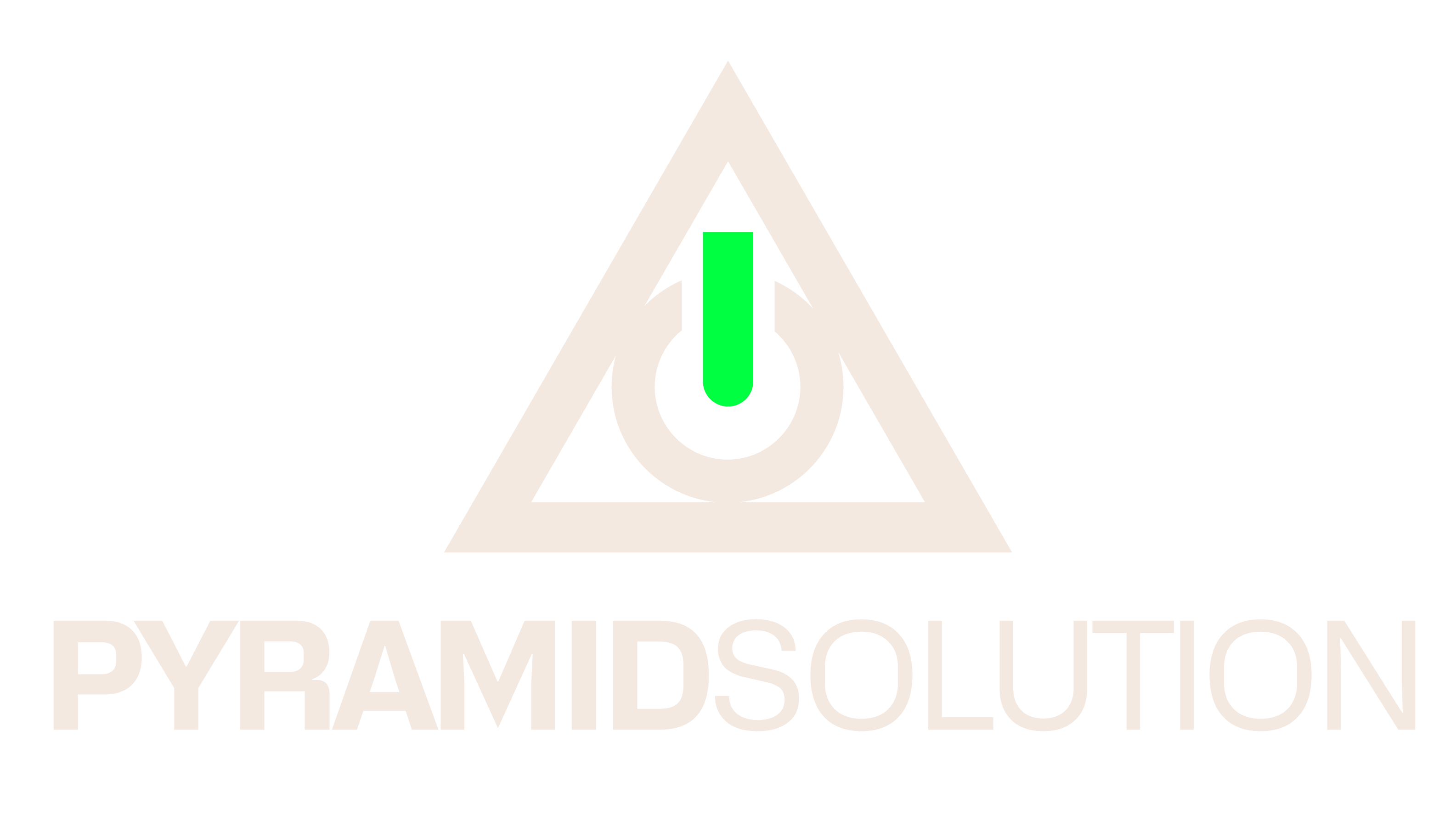What is a Plumbing Leak Inspection?
A plumbing and leak inspection is the detection and repair of leaks or plumbing issues in a property’s plumbing system. It is important to have a plumbing issue or leak inspection carried out by a qualified plumber to ensure the safety of the property’s occupants and to prevent any damage to the property.
Why is a Plumbing Leak Inspection required?
A plumbing and leak inspection is required to ensure the safety of the property’s occupants and to prevent damage to the property. Plumbing leaks can lead to water damage which can cause mould growth, structural damage and health hazards to occupants and tenants. A plumbing and leak inspection can identify any issues that could pose a risk.
What will be checked during a Plumbing Leak Inspection?
During a plumbing leak inspection, the following will be checked:
The plumbing installation and pipework will be checked for any signs of damage or corrosion
Plumbing fixtures such as sinks, toilets and showers, will be checked for leaks and proper drainage.
The water pressure and temperature will be checked to ensure they are at the correct levels
Potential hazards, such as leaks, will be identified and remedied
Faulty plumbing fixture and fittings will be replaced
Plumbing Leak Inspection Checklist for Property Owners and Tenants:
- To ensure an effective and efficient plumbing and leak inspection and repair by our plumbers it is important to prepare in advance. Here are some key points to note before the arrival of the plumber:
- Turn off the water supply at the main shut-off valve to prevent any further water damage to the property
- If the leak is near an electrical outlet or appliance turn off the electricity at the main switch
- If the leak is caused by a blocked drain do not use any plumbing fixtures until the blockage has been cleared
- Move any items away from the affected area to prevent them from getting damaged
- If you are unable to locate the source of the leak do not attempt to access any closed areas such as walls or floors
- Let the plumber know of any other plumbing issues you are experiencing so that they can assess and address them during the inspection.
- Clear any debris or obstacles from around the plumbing fixtures to give the plumber easy access.
- If you are experiencing a specific plumbing issue, make sure to clearly describe it to the plumber when they arrive.
- Gather any relevant information, such as the make and model of your plumbing fixtures, in case the plumber needs it
- If you have any pets, make arrangements to keep them away from the plumber while they are working

